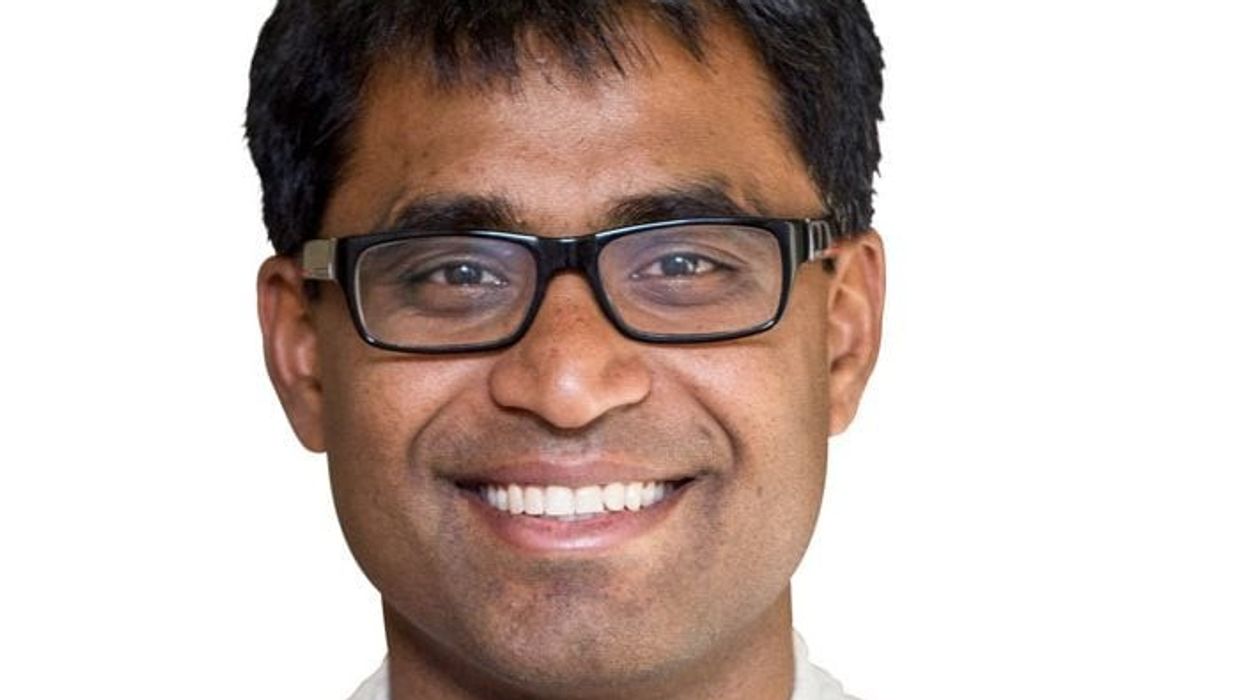A leading charity has branded the Gross Domestic Product (GDP) as 'colonial and anti-feminist' and called to value women’s domestic as an economic metric.
The GDP is the total monetary or market value of all the finished goods and services produced within a country’s borders in a specific time period.
Oxfam last week issued a report arguing that GDP renders a lot of women's work 'invisible' and urged to move 'beyond GDP', reported The Telegraph.
The charity stated that the existing framework of value creation and productivity focuses only on monetisable aspects. Also, women's work remain unacknowledged in official statistics.
“Market relations are given precedence over family and social relations, individualism over solidarity and interdependence, rational choice over wellbeing," Oxfam said in the report.
“Women are rendered to the ‘private’ sphere and their work is invisible. At the same time, GDP has helped erase indigenous and alternative conceptions of what can and should be valued.”
According to Danny Sriskandarajah, CEO of the charity, when unpaid care for children or sick adults, as well as domestic tasks like cooking and cleaning, which are mostly performed by women, are not considered, these activities remain invisible in the formal economy and are not given their rightful value.
The Office for National Statistics (ONS), which publishes country's economic data, has already revealed its plans to go beyond GDP and creating a new and innovative metrics reflecting the impact of economic change on people and the environment.
According to Oxfam, the total number of hours worked weekly around the world by men and women, 45 per cent are in unpaid care work and those contributions are excluded from GDP calculations.
Also, 65 per cent of women’s weekly working hours globally are unpaid and do not contribute towards GDP, it said.
Oxfam highlighted that GDP now serves as the sole measure for economic progress, but this limited perspective is influenced by narrow-minded, Eurocentric, and outdated notions that shaped its original design. It argued for a much-needed reboot of this measure to align with the present reality and societal needs.
A report from the Centre for Progressive Policy think tank said that women in the UK are contributing more than twice as much unpaid childcare compared to men. They spend 23.2 billion hours on childcare per year, while men spend 9.7 billion hours. Additionally, women also dedicate more time to caring for adults compared to men.
Anam Parvez, the head of research at Oxfam and author of the report, said that women worldwide are being disadvantaged, leading them to face greater challenges in terms of time and income poverty.
She pointed out that the majority of women's work, especially unpaid care, remains unaccounted for in official statistics, despite being a crucial support to the global economy.
Parvez expressed concern that the government's focus on GDP results in policies that directly harm women, including cuts to essential public services.
She suggested that government policies and budgets should be based on a comprehensive set of metrics, considering factors like reducing inequality and not solely pursuing growth for its own sake.
Meanwhile, the government recognised that there are limitations to GDP and said it should not be seen as an all-encompassing measure of welfare.
A Government spokesperson said, “We have a progressive tax system in which top five per cent of earners are projected to pay half of all income tax this year and we have taken millions of lower earners out of paying tax altogether by consistently raising income tax and national insurance allowances.
“This has allowed us to provide the equivalent to £3,300 in support per household on average over the last two years.”





